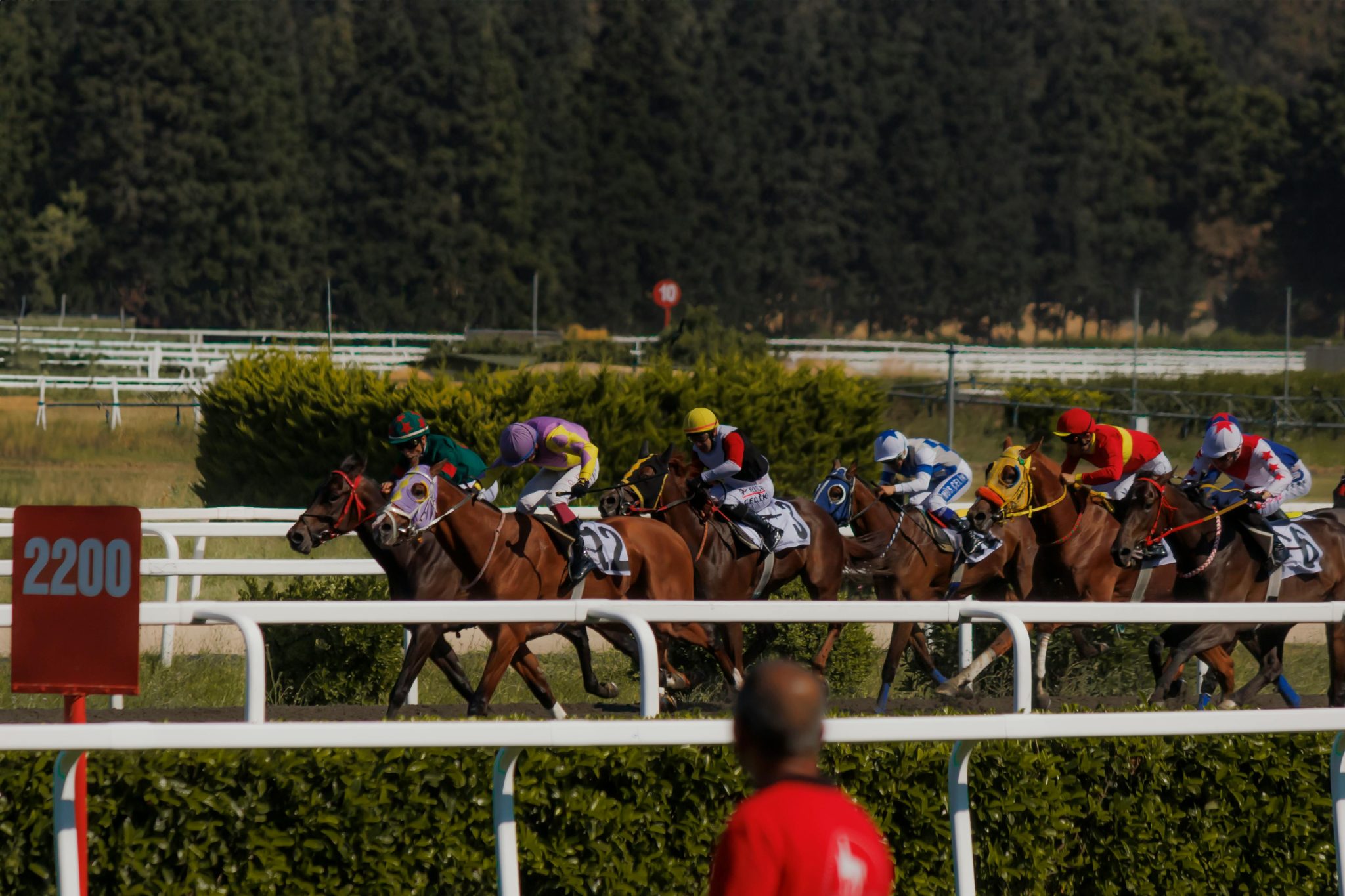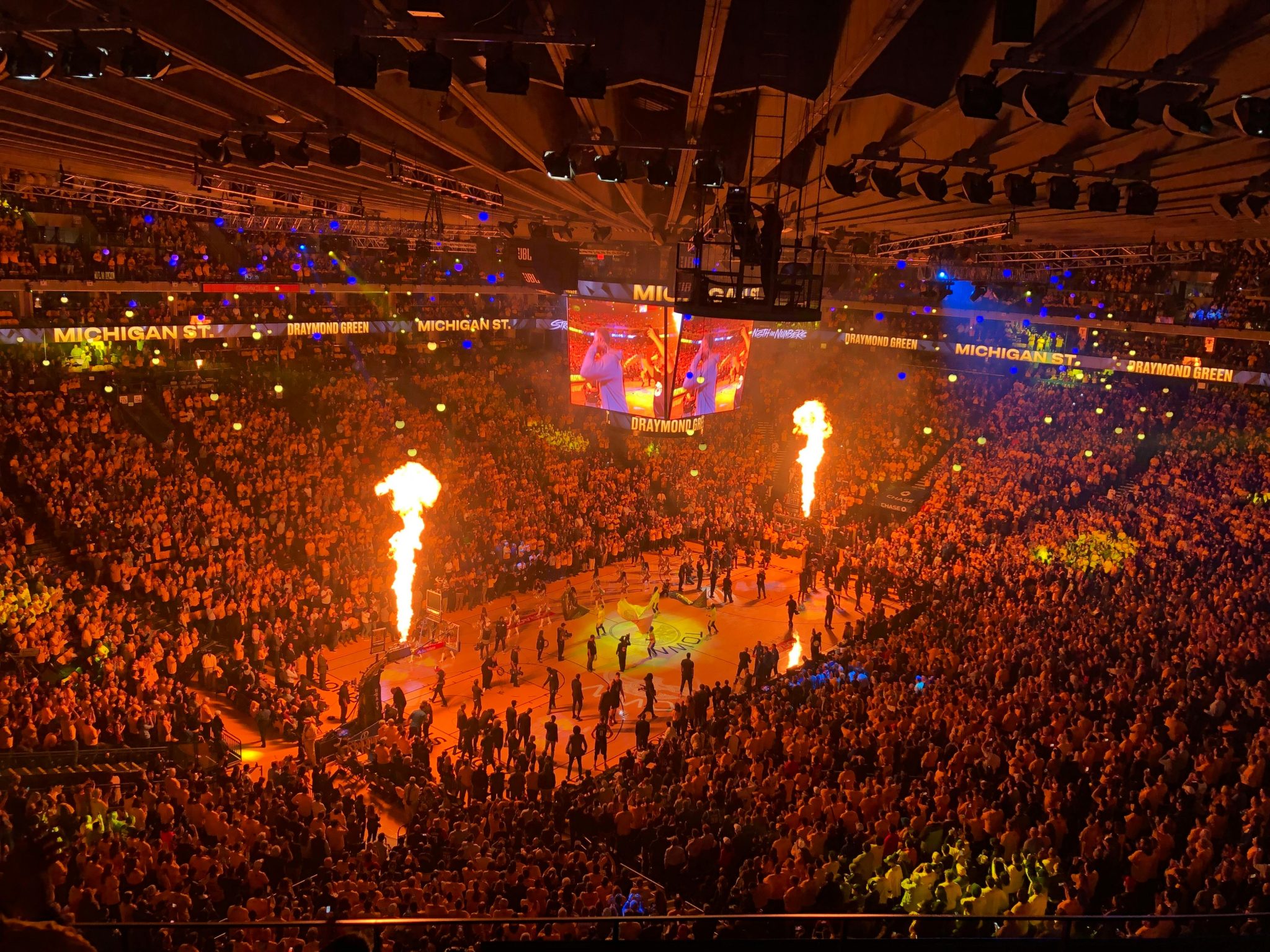Athletes, coaches, and team personnel face strict restrictions when it comes to betting. While fans across Maryland explore sportsbook promotions and compare odds, athletes live under a completely different system defined by law and league oversight. Maryland offers one of the clearest examples of how far these restrictions reach.
The state’s laws, coupled with updated league regulations from the NFL, NBA, and NCAA, reveal an environment where the boundaries between legal and illegal betting for athletes are explicitly defined and tightly enforced.
For Maryland fans comparing legal options on Maryland sports betting, note that athletes are governed by stricter rules: state law prohibits licensed books from taking their wagers at all, and leagues add additional restrictions.
In Maryland, the answer is effectively no: state law bars sportsbooks from accepting wagers from “an athlete, a coach, a referee, or a director or an employee of a sports governing entity or any of its member teams.” That prohibition is not limited to a single league; it applies broadly to any sports wager placed with a licensed Maryland book, according to Justia Law. This rule establishes an integrity barrier that goes beyond individual league policies.
For readers who follow regulated markets, this means that even if a league might allow some off-sport betting, Maryland operators cannot take those bets from covered individuals. Regulatory oversight from mdgaming.com reinforces these boundaries through continuous monitoring and rulemaking designed to maintain public confidence in the legal market.
Maryland’s Legal Framework for Athlete Betting

Maryland enforces one of the strictest legal betting systems in the country when it comes to athletes and sports personnel. The restrictions are comprehensive, targeting every potential conflict of interest that could undermine fair competition.
The approach ensures that the state’s sportsbooks operate under clear ethical standards, protecting both consumers and the integrity of sports. This model eliminates ambiguity by making all athlete wagers off-limits, regardless of the sport involved, ensuring no overlap between regulated gaming and professional or collegiate participation.
Under Maryland’s statute, no sportsbook may accept a wager from “an athlete, a coach, a referee, or a director or an employee of a sports governing entity or any of its member teams.” The rule is written to include all sports and does not depend on whether the person is betting on their own league.
Justia Law notes that this prohibition serves as a blanket protection, preventing even the appearance of impropriety or insider advantage. It ensures transparency in a market that relies on public trust to function.
State regulators, as listed on mdgaming.com, are responsible for ensuring that operators comply with these strict betting eligibility rules. Their oversight includes audits, real-time data checks, and cooperation with national integrity partners.
Even if a league allows its athletes to wager on other sports, those permissions do not apply in Maryland because licensed sportsbooks cannot legally process those bets. The law puts integrity enforcement directly into the licensing framework of every operator in the state.
The Consumer Context in Maryland’s Sports Betting Scene
Maryland’s legal sports betting system separates everyday fans from individuals connected to sports organizations. While fans can freely browse sportsbook apps, claim bonuses, and wager on local or national games, athletes and coaches cannot do any of these things under Maryland law.
This separation defines how the state maintains fairness and transparency across both public and professional levels.
Fans in Maryland benefit from a competitive and well-regulated market that encourages participation through bonuses, promotions, and fair odds. By contrast, professional and collegiate athletes fall under explicit prohibitions that block all betting activity. The state’s strict approach ensures there is no overlap between those who play and those who bet, closing any potential conflict that could compromise competition outcomes.
Maryland’s licensing structure requires sportsbooks to verify the eligibility of every user before processing wagers. This includes identity checks designed to detect whether an account belongs to a prohibited individual, such as a player, coach, or referee. These security layers prevent misuse and maintain confidence among consumers, regulators, and league partners who rely on clean, traceable transactions.
NFL Football Operations and Player Restrictions
The National Football League enforces strict gambling restrictions to uphold the integrity of the game. Its rules prohibit all forms of wagering connected to the league and extend to any gambling activity while players are engaged in team duties. These restrictions are clearly communicated to every player through mandatory education programs.
The NFL Football Operations handbook highlights two absolute prohibitions. First, players may not bet on any NFL game under any circumstance. Second, players cannot engage in any gambling activity: sports betting, casino games, or cards, while at team facilities or while on team business. These bright-line rules create a zero-tolerance policy for gambling during professional obligations.
The NFL consistently enforces these policies with suspensions, investigations, and public disclosures. The league treats all violations equally, regardless of whether the bets involve football or another sport. This consistency reinforces its image as a zero-compromise organization focused on maintaining the integrity of every game and every athlete within its jurisdiction.
The NBA’s Response to Gambling Violations

The National Basketball Association faced a major test in 2024 when Jontay Porter was banned for life due to gambling violations. The league’s handling of the situation reflected its growing collaboration with regulators and sportsbooks to prevent future incidents and preserve the trust of fans and bettors alike.
In 2024, Jontay Porter was permanently banned from the NBA following an internal investigation. The decision, widely covered by Reuters and Yahoo Sports, sent a strong message that gambling activity involving players will not be tolerated. The NBA emphasized that integrity violations threaten the foundation of competitive basketball and that sanctions will remain severe for any similar infractions.
After Porter’s case, several major sportsbooks revised their prop betting markets involving lower-salary players. Operators removed or limited certain player-specific props that could be manipulated through small performance adjustments. This cooperation between sportsbooks and the NBA reflected a shared commitment to maintaining a secure betting environment with transparent data sharing and stricter monitoring standards.
NCAA Reassessing Its Sports Betting Policies
The NCAA’s evolving stance on sports betting marks a major shift in collegiate athletics. While the organization once upheld an absolute prohibition on all forms of wagering, it has begun reevaluating these restrictions to reflect the realities of legalized betting across multiple states.
In June 2025, NCAA Division I leadership advanced a proposal to allow athletes and staff to bet on professional sports while maintaining the ban on any college-related wagering. This proposed change signals a more nuanced approach, acknowledging the widespread legalization of sports betting while still protecting collegiate integrity. It demonstrates the organization’s effort to modernize without compromising core values.
Despite the proposed reforms, the NCAA continues to issue lifetime bans to student-athletes who bet on their own games. NCAA.org documents several recent cases where athletes faced permanent removal from competition after violating gambling rules. These disciplinary actions illustrate that integrity enforcement remains non-negotiable within collegiate sports.
Integrity Safeguards and Market Protection
Maryland’s sports betting system is supported by integrity protocols designed to detect suspicious betting patterns and prevent insider activity. These mechanisms ensure that regulated operators comply with both state laws and national monitoring standards, creating an environment where betting remains fair and transparent for consumers and institutions alike.
Maryland’s licensed sportsbooks are part of nationwide integrity networks that share data with regulatory agencies and professional leagues. These systems track betting activity across operators, identifying anomalies in volume, line movement, or bettor behavior.
When irregularities appear, alerts are sent to state regulators for review. This collaboration between sportsbooks, the Maryland Lottery and Gaming Control Commission, and independent integrity firms helps detect patterns that could indicate insider information or match manipulation. The monitoring framework strengthens both consumer protection and the reliability of Maryland’s regulated betting industry.
The Bottom Line on Athlete Betting in Maryland
Covered athletes in Maryland cannot legally place sports bets of any kind through licensed sportsbooks. The prohibition applies universally to players, coaches, referees, and sports organization employees, regardless of what their league might permit elsewhere.
As verified by Justia Law, NFL Football Operations, and NCAA.org, Maryland’s strict rules override league-specific allowances and reflect a growing national trend toward unified, transparent integrity standards.





















